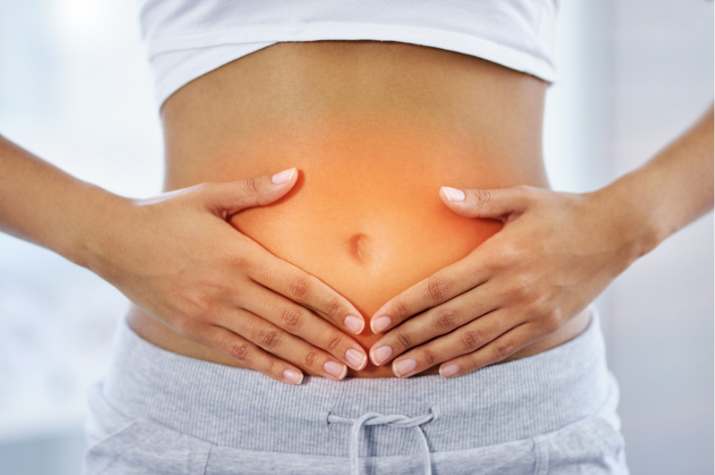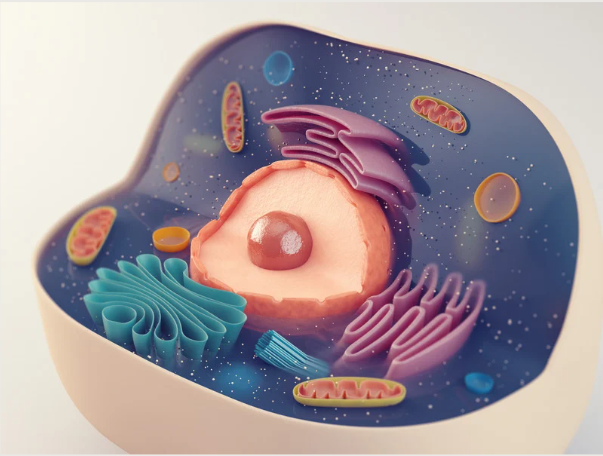The world’s oceans, once teeming with pristine life, are now grappling with an unprecedented crisis: microplastics. These tiny plastic fragments, less than 5 millimeters in size, are not just a pollutant but a devastating threat to marine ecosystems, human health, and planetary life. Let’s dive into the state of our oceans, how microplastics are wreaking havoc, and how functional medicine offers a unique perspective on mitigating their impact.
The State of the Oceans: Microplastics Everywhere
Microplastics are ubiquitous in the ocean, infiltrating even the most remote areas. A startling example is the discovery of a plastic bag at the bottom of the Mariana Trench, the deepest part of the ocean. This finding underscores the extent of plastic pollution and its ability to travel to depths where sunlight doesn’t reach. Alongside this, scientists are finding microplastics in:
- Coral Reefs: Microplastics cling to coral surfaces, disrupting their ability to grow and reproduce.
- Deep-Sea Sediments: Layers of microplastics are now part of the ocean floor, altering natural sediment processes.
- Arctic Ice: Even polar regions, seemingly untouched by human activity, show significant microplastic contamination.
Impact on Sea Life
Microplastics pose a dire threat to marine life at every level of the food chain:
- Ingestion: Fish, shellfish, and plankton mistake microplastics for food, leading to malnutrition and internal damage.
- Chemical Exposure: Plastics leach harmful chemicals like BPA and phthalates, which accumulate in marine organisms.
- Reproductive Harm: Studies reveal reduced fertility and developmental issues in species exposed to microplastics.
- Ecosystem Disruption: Microplastics disrupt natural feeding and breeding patterns, leading to imbalances that affect entire ecosystems.
How This Affects Humans and Planetary Health
The effects of oceanic microplastics don’t stop at sea life—they ripple through the entire planet and directly impact human health:
- Seafood Contamination: Humans consuming fish and shellfish are ingesting microplastics, introducing toxins into the body.
- Water Quality: Microplastics infiltrate freshwater sources, affecting drinking water and agricultural irrigation.
- Climate Impact: The degradation of marine ecosystems weakens their ability to sequester carbon, exacerbating climate change.
- Food Chain Disruption: The contamination of ocean life with microplastics affects global food security and biodiversity.
Functional Medicine’s Approach to Microplastic Impact
Functional medicine takes a holistic view of health, emphasizing the interconnectedness of our bodies and the environment. Here’s how we address the microplastic crisis:
- Detoxification Support:
- Liver Health: Supporting liver function with supplements like milk thistle and glutathione enhances toxin clearance.
- Chelation Therapy: Binding agents like activated charcoal help remove microplastic-associated toxins.
- Gut Health Optimization:
- Repair the Gut Lining: Use nutrients like L-glutamine and collagen to mitigate microplastic-induced gut damage.
- Strengthen the Microbiome: Probiotics and prebiotics improve the body’s ability to expel foreign particles.
- Environmental Detox:
- Reduce Plastic Exposure: Minimize the use of plastic products at home and opt for glass or stainless steel.
- Improve Water Quality: Use high-quality water filters to remove microplastics from drinking water.
- Nutritional Strategies:
- Incorporate foods rich in antioxidants, such as berries, green tea, and cruciferous vegetables, to combat inflammation caused by microplastics.
- Community and Advocacy:
- Promote awareness about the microplastic crisis and advocate for policies to reduce plastic pollution at its source.
What Can We Learn from the Mariana Trench?
The discovery of a plastic bag at the bottom of the Mariana Trench is a sobering reminder of humanity’s impact on the planet. It tells us that no place on Earth is immune to pollution and underscores the urgency of addressing this crisis.
Final Thoughts
Microplastics in the ocean are a stark example of how interconnected our planet’s ecosystems are. The health of the oceans is directly tied to the health of humanity. By adopting a functional medicine approach and making mindful lifestyle changes, we can mitigate the impact of microplastics on our bodies and the environment.
If you’re concerned about how microplastics may be affecting your health, reach out to our office. Together, we can create a personalized plan to detoxify your body and protect your well-being in a plastic-polluted world.






